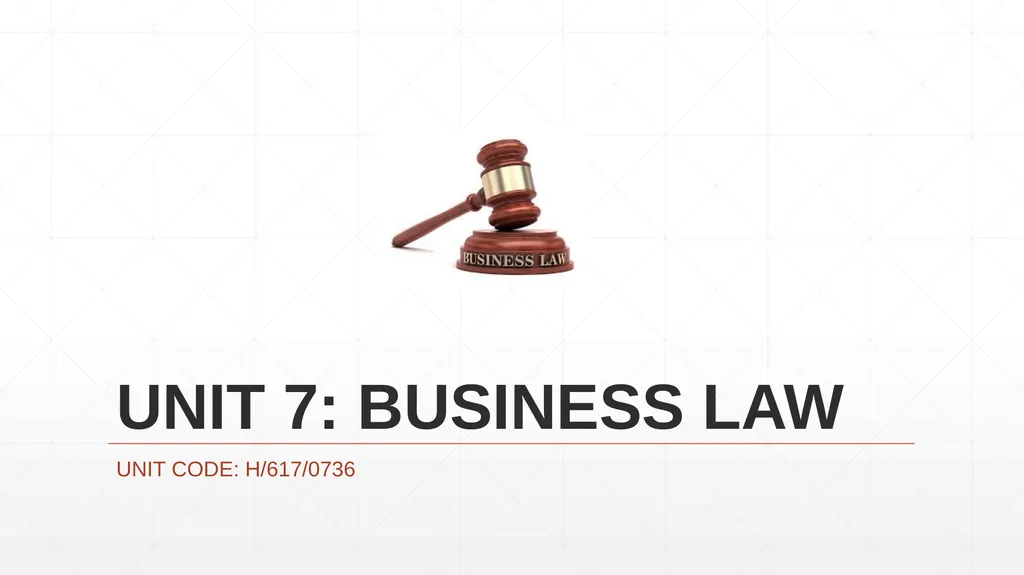
Author : natalia-silvester | Published Date : 2025-06-23
Description: UNIT 7: BUSINESS LAW UNIT CODE: H6170736 UNIT 7: BUISNESS LAW LO 3: EXAMINE THE FORMATION OF DIFFERENT TYPES OF BUSINESS ORGANISATION 2 UNIT 7: BUSINESS LAW P4 : EXPLORE HOW DIFFERENT TYPES OF BUSINESS ORGANISATIONS ARE LEGALLY FORMED 3Download Presentation The PPT/PDF document "" is the property of its rightful owner. Permission is granted to download and print the materials on this website for personal, non-commercial use only, and to display it on your personal computer provided you do not modify the materials and that you retain all copyright notices contained in the materials. By downloading content from our website, you accept the terms of this agreement.
Here is the link to download the presentation.
"UNIT 7: BUSINESS LAW UNIT CODE: H/617/0736 UNIT 7:"The content belongs to its owner. You may download and print it for personal use, without modification, and keep all copyright notices. By downloading, you agree to these terms.













